AMD EPYC Processors
With leadership memory bandwidth and per-core performance, AMD EPYC processors are uniquely well-suited to power compute-intensive HPC / Life Sciences workloads across genomics, drug discovery, and beyond.

Accelerating digital transformation to drive better patient outcomes


For Healthcare organizations, success often depends on the ability to implement cohesive, data-driven digital ecosystems that can keep pace with these emerging trends.
Edge devices are generating massive quantities of real-time patient data—necessitating AI and advanced analytics capabilities that help interpret this data to provide better treatment recommendations.
High Performance Computing (HPC) is increasingly being leveraged for medical image processing, robotic surgery, data-driven diagnosis and treatment, and complex virtual modeling and simulations.
Hospitals are highly incentivized to move from paper records to Electronic Health Record (EHR) systems. These systems manage, distribute, and secure large quantities of patient data.
Telemedicine exploded in 2020 due to the COVID-19 pandemic, accelerating new kinds of patient / physician interactions that increase demands on IT infrastructure.


AMD EPYC server processors deliver leadership performance for latency-sensitive data center and multi-cloud applications such as EHR.
AMD processors are certified for the Epic EHR system. Organizations can achieve up to 34.2 million global references per second with 2P EPYC 9654 servers and up to 2.55X higher performance vs. 2P EPYC 7763 servers—supporting up to 30% more users per server.
~11 more human genomes processed per day on Sentieon® with 4th Gen AMD EPYC vs. competitive solutions1
~107% higher performance on NAMD with 2P AMD EPYC 9754 vs. 2P Intel Xeon 8480+
~119% higher performance on GROMACS with 2P AMD EPYC 9754 vs. 2P Intel Xeon 8480+
~42% higher performance on Quantum ESPRESSO with 2P AMD EPYC 9754 vs. 2P Intel Xeon 8480+

AMD EPYC server processors deliver exceptional performance, energy efficiency, and security features for general IT workloads. EPYC-based solutions hold world-record performance across Database and Analytics, HCI and Virtualization, and more.
~73% faster integer performance with 2P EPYC 9754 vs. Xeon Platinum 859222
~2X virtualization performance with 2P EPYC 9684X vs. Xeon Platinum 8490H on VMmark® 3.1.1 matched pair3
~2X higher transactions / sec on OLTP MySQL with 2P EPYC 9754 vs. Xeon Platinum 8490H running TPROC-C workloads4
~42% faster analytics with 6-node 1P EPYC 96C 9654 vs 6-node 2P Xeon 8480+ on TPC-DS @ 3TB for Cloudera CDP5
AMD adaptive computing solutions power a wide range of edge applications—from surgical robots, to CT scan machinery, to ultrasound devices, smart hospital beds, and more.
AMD solutions deliver outstanding performance and security features to meet the needs of the connected Healthcare workforce.
Developers can leverage AMD libraries, starter kits, and more to accelerate the deployment of Healthcare solutions.








Contact an AMD Sales representative.